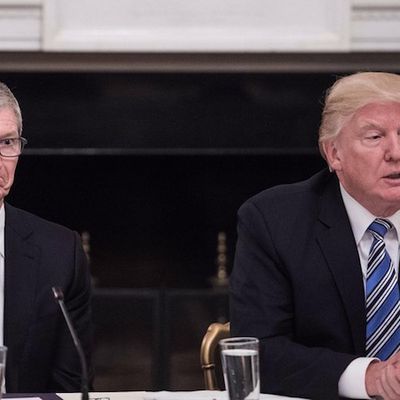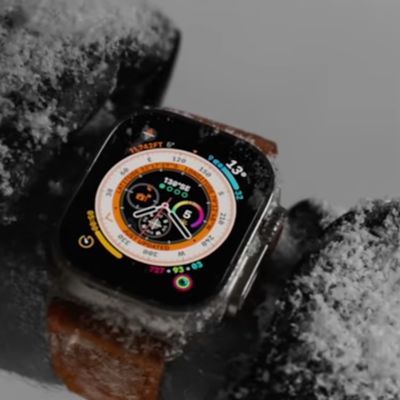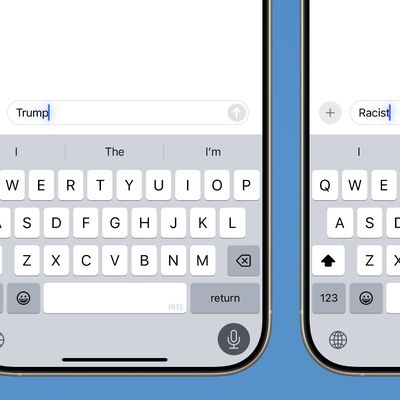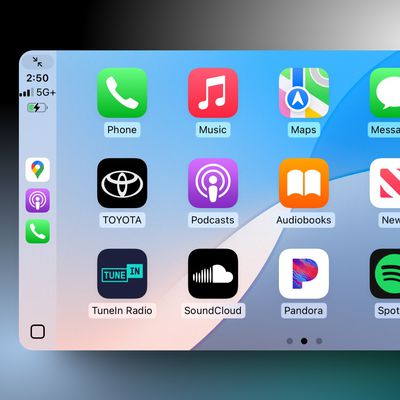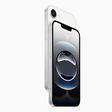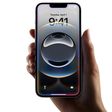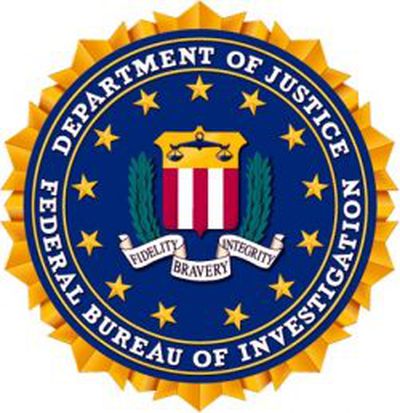 A new case might lead the FBI and Apple into another fight over security and privacy on smartphones, following a confirmation yesterday by FBI special agent Rich Thorton that the FBI has the iPhone of Dahir Adan in its possession (via Wired).
A new case might lead the FBI and Apple into another fight over security and privacy on smartphones, following a confirmation yesterday by FBI special agent Rich Thorton that the FBI has the iPhone of Dahir Adan in its possession (via Wired).
Adan was the culprit behind the stabbing of 10 people in a Minnesota mall in mid-September, and was eventually shot and killed by police. After the event, terrorist organization ISIS claimed credit for the attack on social media, but "no evidence has emerged to suggest ISIS had a hand in planning or executing the attack."
During a press conference in St. Cloud, Minnesota yesterday, Thorton confirmed that the FBI has Adan's iPhone and that it is locked with a passcode. According to the special agent, the organization is "still trying to figure out how to gain access to the phone's contents." The issue currently is that the model and version of iOS running on the iPhone is known only to the FBI. Following the launch of iOS 8 in 2014, any iOS device running the software is encrypted to an extent that no malicious outsider -- or even Apple itself -- can get into the iPhone or iPad.
“Dahir Adan’s iPhone is locked,” Thornton told reporters, “We are in the process of assessing our legal and technical options to gain access to this device and the data it may contain.”
Because of this, the deciding factor on whether or not the new issue could lead to another San Bernardino-related debate between Apple and the FBI hinges on the software and model of his iPhone (iOS 8 can run on iPhone 4s and newer devices). For now, Thorton said that the FBI is simply "assessing" its "legal and technical options" for ways to enter the iPhone and extract any potentially helpful data it might contain.
The San Bernardino case began much the same way, with the FBI ordering Apple to provide assistance in opening up Syed Farook's iPhone 5c because the company had the "technical means" to do so. A long battle between the two organizations eventually led to the Justice Department dropping the case against Apple, reportedly due to an anonymous source providing the iPhone's password to authorities.
During the controversy, everyone from former Microsoft CEO Bill Gates to President Obama chimed in on the issue. Throughout multiple interviews and quotes, Apple CEO Tim Cook remained adamant on the company's continuing stance for user privacy, calling the FBI's request for entering an iPhone "the software equivalent of cancer." Its implementation could lead to a slippery slope in terms of invasive technology in everyday smartphones, as pointed out by Apple executive Eddy Cue, and even a potential surveillance state.
Note: Due to the political nature of the discussion regarding this topic, the discussion thread is located in our Politics, Religion, Social Issues forum. All forum members and site visitors are welcome to read and follow the thread, but posting is limited to forum members with at least 100 posts.


